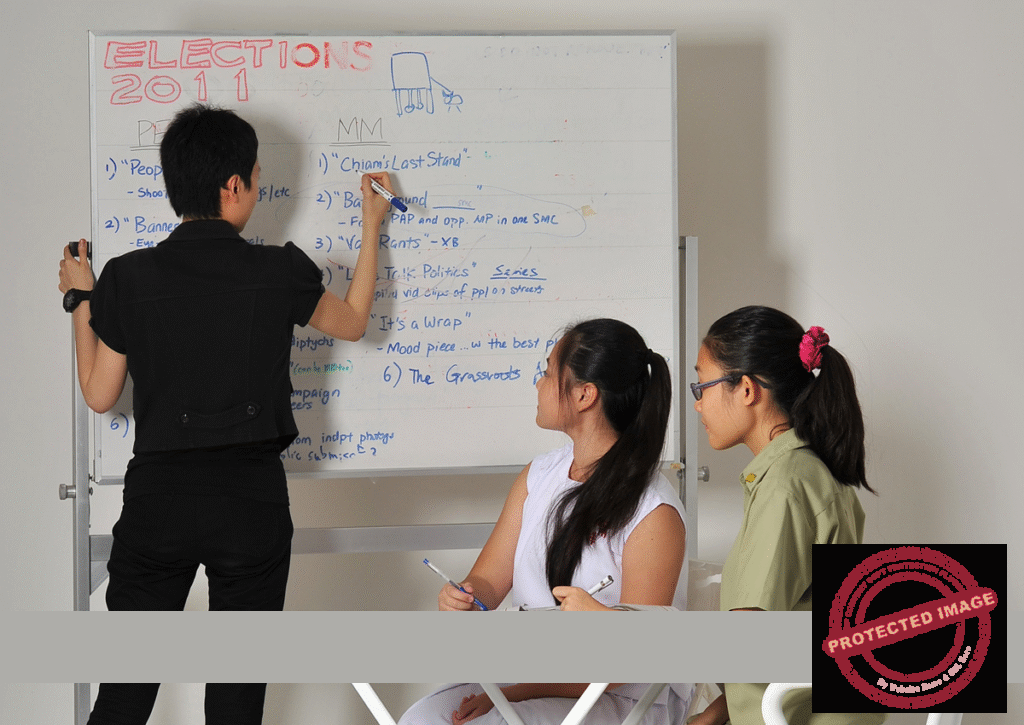In Singapore’s highly competitive academic environment, finding the right support outside of school has become increasingly important for students striving to excel. One of the most sought-after solutions for academic improvement is enrolling in a tuition center in Singapore. These centers have gained popularity not only for boosting grades but also for helping students build confidence and develop a deeper understanding of their subjects.
Whether your child is struggling to keep up in class or aiming for top scores in national examinations like the PSLE, O-Levels, or A-Levels, the right tuition center can make a significant difference. But with hundreds of options available, how can parents and students choose wisely? Let’s explore the key aspects to consider when selecting a tuition center that aligns with your child’s goals and learning style.
The Role of Tuition Centers in Singapore’s Education System
Singapore is renowned for its rigorous education system. Students are constantly evaluated through school-based assessments and national exams. While schools provide a strong foundation, some students require more personalized guidance to meet academic expectations.
This is where tuition centers come in. These centers offer structured lessons, targeted revision, and individualized attention that often cannot be provided in regular school settings. From primary to junior college levels, tuition centers cater to various subjects including English, Mathematics, Science, Chinese, and more specialized subjects like Economics or General Paper.
Why Parents Turn to Tuition Centers
There are several reasons why tuition centers have become a trusted academic support system for families:
- Personalized Attention
In a school classroom, a teacher may be responsible for 30–40 students. At a tuition center, smaller group sizes or one-on-one sessions allow tutors to identify a student’s weaknesses and tailor the lessons accordingly. - Exam Preparation
Many tuition centers in Singapore are highly focused on exam strategies. They provide past-year papers, mock tests, and step-by-step guidance to help students perform well under pressure. - Consistent Academic Reinforcement
With weekly lessons, students receive consistent support that reinforces what they learn in school. This repetition helps strengthen memory and understanding. - Boosting Confidence
When students understand concepts more clearly through tuition, they become more confident in class participation and assessments.
What to Look for in a Tuition Center in Singapore
While many centers offer similar subjects, the quality and teaching methods can vary greatly. Here are key points to consider:
1. Track Record and Reputation
Always research the center’s success stories. Look at student testimonials, parent reviews, and overall academic results. Reputable centers often have a history of helping students improve grades significantly.
2. Qualifications of Tutors
The teaching staff should have relevant academic backgrounds and experience in teaching the specific syllabus. Former MOE teachers or educators with strong academic achievements can bring valuable insights to the classroom.
3. Curriculum and Materials
Good tuition centers offer well-structured lesson plans aligned with the MOE syllabus. Updated notes, worksheets, and topical practices are crucial, especially for subjects like Math and Science.
4. Class Size and Learning Environment
Smaller class sizes ensure better engagement and interaction. Also, the classroom setting should be conducive to learning—clean, quiet, and well-equipped with teaching aids.
5. Flexibility and Location
A tuition center that’s easily accessible can save time and reduce student fatigue. Some centers also offer flexible scheduling or hybrid learning options (online and physical classes).
Types of Tuition Centers
Tuition centers in Singapore generally fall into these categories:
- Large Chain Centers: These include well-known names like The Learning Lab, Mind Stretcher, and Kumon. They often follow standardized teaching methods and have multiple branches across the island.
- Boutique Centers: Smaller, privately-run centers with a focus on niche subjects or personalized teaching styles. These are preferred by parents who want a more customized learning experience for their children.
- Online Tuition Platforms: Since the pandemic, virtual tuition has become increasingly popular. Platforms like Superstar Teacher and Geniebook offer interactive lessons that can be accessed anytime, anywhere.
Each type has its advantages, depending on your child’s needs and your family’s schedule.
Questions Parents Should Ask Before Enrolling
Before making a decision, it’s wise to ask the following:
- What is the center’s approach to handling weak students?
- How do they measure student progress?
- Are lesson plans tailored to suit individual learning paces?
- How often are assessments or progress reports given?
- What’s the tutor-to-student ratio?
A transparent and responsive tuition center will be open to such questions and provide honest answers.
Balancing Tuition with Student Well-being
While academic excellence is important, it’s equally crucial to ensure that your child doesn’t feel overwhelmed. Overloading a student with tuition every day can lead to burnout. Choose a center that encourages learning at a comfortable pace and supports emotional well-being alongside academic performance.
Parents should also have regular conversations with their child to understand how they’re coping with tuition and schoolwork. Motivation and interest in learning play a key role in long-term success.
Final Thoughts
Enrolling your child in a tuition center in Singapore is an investment in their future. The right center can empower students to reach their academic potential, build lifelong learning skills, and approach exams with confidence. However, the decision shouldn’t be rushed. Evaluate each option carefully based on your child’s unique needs, personality, and goals.
In a system as demanding as Singapore’s, finding the right academic support can be a game-changer. With proper guidance, the journey through school can become less stressful and more fulfilling for both students and parents.







